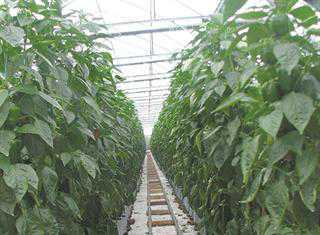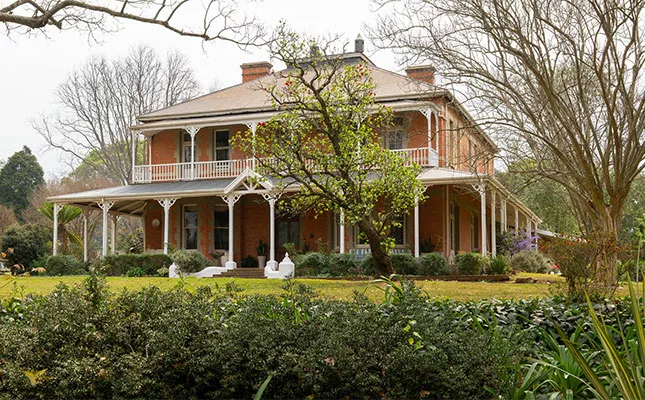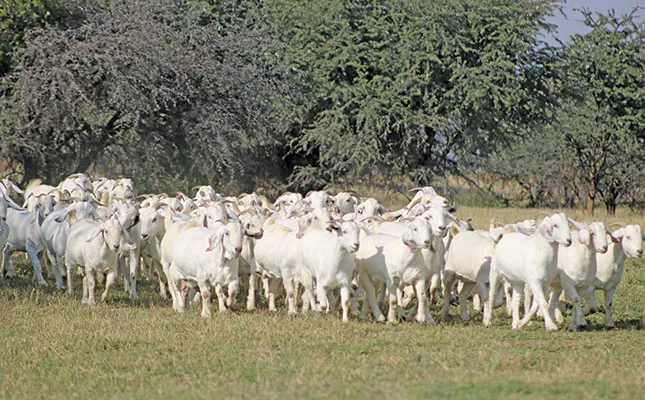Diversified farming, booming business
A mission station in the rural hilltops of KwaZulu-Natal has diversified into a range of agricultural activities, but peppers grown under state-of-the-art greenhouses and export avocados are the main commercial...
Double-crop your way forward
Local farmers would do well to emulate the UK's approach of double-cropping, ecologist Ben Breedlove tells Roelof Bezuidenhout. So, instead of just harvesting a planted crop, why not also slash...
Soil organisms for sustainable farming
Ben Krog, MD of fertiliser company Profert, understands there’s more to soil health than piling on chemicals. He told Annelie Coleman about the vital role played by soil microorganisms, especially...
Nature: farmer’s best friend
A vegetable farmer in the KwaZulu-Natal Midlands, who converted to biological crop production, has significantly increased yield, improved quality and reduced input costs. Robyn Joubert reports.
Making money from muck
Nutrient-rich dairy slurry was once considered a liability and a pollutant, but the current high fertiliser price has changed all that, says dairy technical consultant Gavin Brockett. Robyn Joubert spoke...
Good choices keep costs down
The winner of the Berg River Table Grape Competition for 2008 Johann Britz of the farm Tweespruit near Paarl, chose a pitted grape cultivar because he believed it was best-suited...
Humates: snake oil or valuable resource?
While humates are promoted as an almost magic potion by some, sub-standard products have battered their reputation. Glenneis Erasmus talked to several agriculturists to find out what they are, how...
Clearing aliens the environmentally friendly way
In South Africa, eradicating invasive woody alien vegetation for alternative land use is normally a relatively heavy-handed method involving big drums of diesel or water and herbicide.
‘We’re going to be the Brazil of Africa’
While much is still uncertain about the local biofuel industry, Mozambique is already planting vast jatropha plantations for biodiesel production. The country's minister of Science and Technology has announced that...
New top cultivars at Nampo
Seed breeders and suppliers provided colourful and informative exhibition stands yet again at Nampo Harvest Day 2007. In this week, we introduce you to some new champions in the field...
Mealybugs: villains of the vine
Last week's article showed the impact that leafroll virus can have on vine quality and production, and stressed the need for vigorous measures against mealybug. This week Glenneis Erasmus covers...
Leafroll virus is not so innocent
While its true that the leafroll virus doesn't destroy grapevines, it can nevetheless have a severe impact, often resulting in crop losses of up to 60%, which adversely affects wine...






